A frustrating experience as a caregiver for her then-boyfriend with cancer made Maayan Cohen realize that non-medical personnel in a medical setting needed help understanding the information in front of them.
Despite dutifully tracking his treatment herself, Cohen realized that noting down his vitals in a binder full of papers was not helping her understand his condition or manage his medical records.
Many others in a similar situation, she realized, were also tracking the vital signs of sick loved ones. But without a doctor at hand, it was hard to know what could help or hinder the condition.
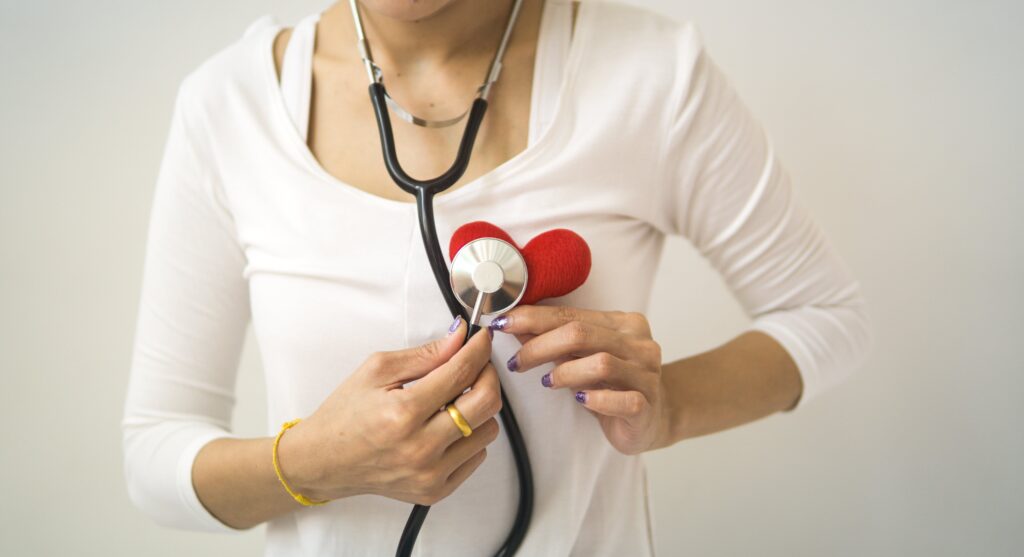
Cohen came to the conclusion that such people needed a tool to not only track vital signs, but also provide information about the illness and tips that could help to improve their well-being.
And so she founded and became the CEO of Hello Heart, a heart health app for your phone designed to give people the kind of information that she herself had really wanted, but simply could not have.
Every member of the company either has a heart condition themselves or a loved one with a heart condition, ensuring that they all share the mission to improve heart health.
The AI-based app can help manage conditions, record what medication a person is taking and when, and also integrate health and healthy living platforms like the step counter on an iOS device.
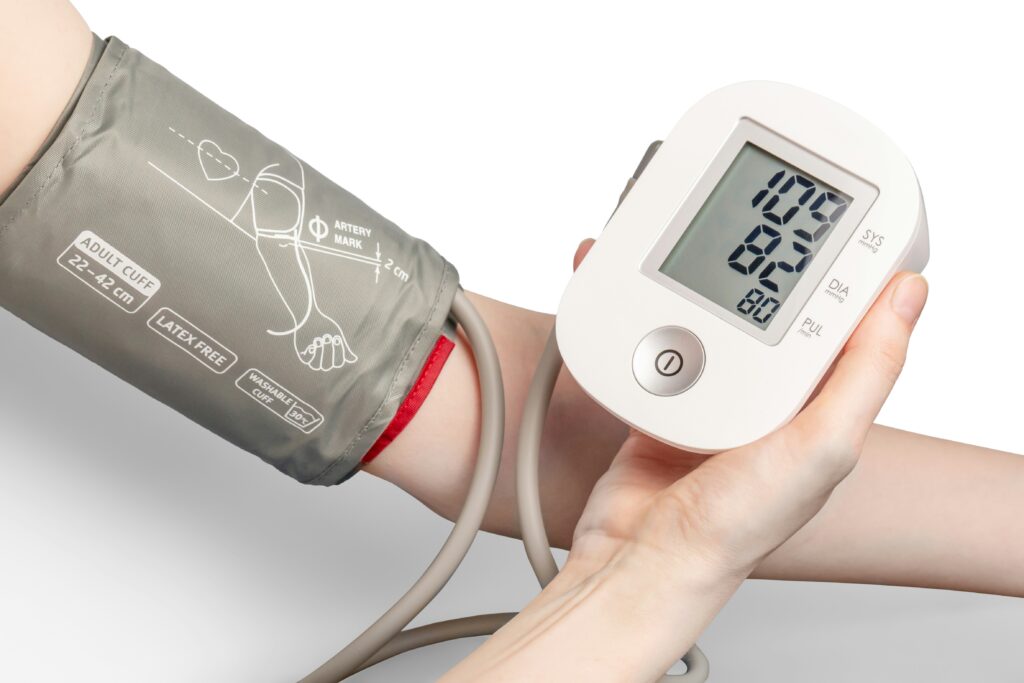
With permission, the platform can connect to providers of important medical information from clinics, hospitals and labs, such as blood pressure, cholesterol levels and chronic disorders. This allows the app to perform a comprehensive analysis of a user’s medical history and needs.
With offices in California and New York as well its Tel Aviv base, Hello Heart for now is in the US market alone. Around 100 American healthcare companies are already using the app, and, says Hello Heart CTO Michal Gutman, venture capital investors are also helping the company stay afloat.
The company works with multiple makers of FDA-approved blood pressure monitors as part of a user’s health insurance plan. These devices can then connect to the Hello Heart application via Bluetooth.
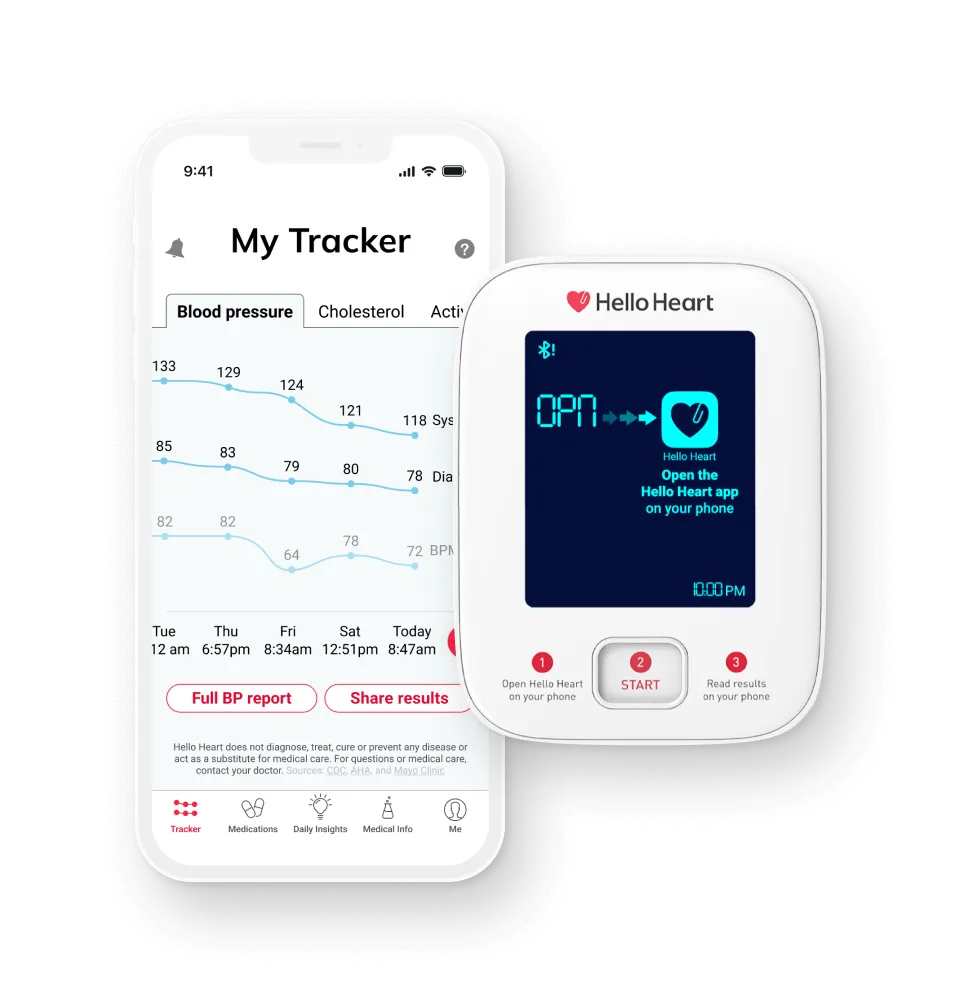
“You need to track your blood pressure as prescribed by your physician, and every time you do that the information will just flow seamlessly to the app,” Gutman tells NoCamels.
Sign up for our free weekly newsletter
SubscribeHello Heart even provides digital coaching and encourages small behavioral changes to lead to a healthier lifestyle. Every recommendation or piece of advice from the company is vetted by its medical team in order to ensure it is of the highest standards and safety.
And those small changes, says Gutman, are simple and easy tips that are not too hard for a user to manage, having an effect without pressuring the user too much to undergo extreme habit changes.
The app has two types of coaching. The first is static, providing tips and tricks to improving heart health that are more general and can help everyone.
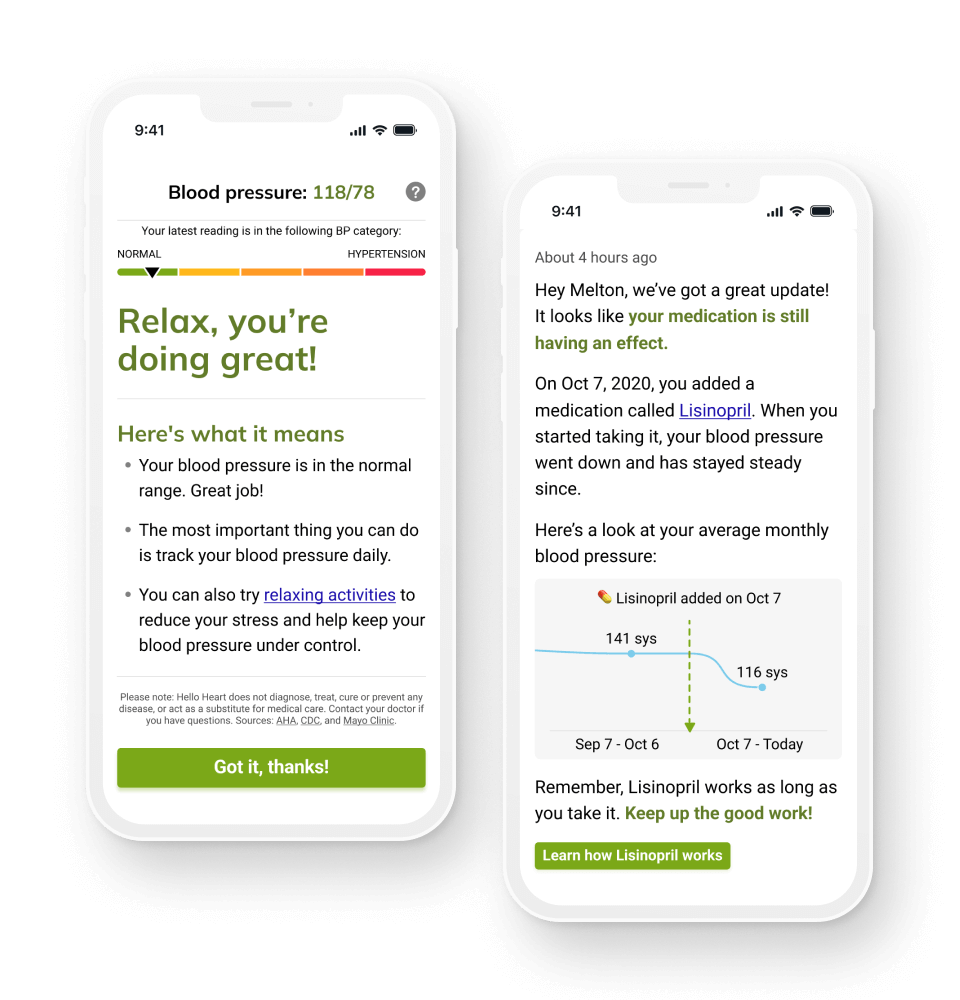
The second is dynamic: Hello Heart adapts the tips it provides to each user, based on an AI analysis of personal data such as medication, exercise regimen, height and weight.
“We take small baby steps,” Gutman says. “We don’t tell you to start exercising, instead we will tell you the next time that you’re going to the shopping mall, just park your car further away in the parking lot so you would get those five minutes of walking.”

What’s more, the AI learns which interactions and tips the user responds to, and then improves its suggestions in line with those preferences.
All of the Hello Heart tips use scientific studies to understand how best to help a user in ways that do not involve medication. This can include better eating habits or workouts – or even suggestions that would have never occurred to some:
“[We have] tips on everything that relates to help, we even have tips about the fact that sleeping in a room with plants also can improve your heart health,” says Gutman.
Women’s health is one of the main Hello Heart focuses, according to Gutman. The woman-led company understands that the most common symptoms of heart attacks for females are different than for males, she says, adding that many women do not think their symptoms are heart-related but rather believe them to be merely stress or anxiety.
“Our goal is just to prevent the next heart attack,” she says.
Related posts

Israeli Medical Technologies That Could Change The World

Harnessing Our Own Bodies For Side Effect-Free Weight Loss


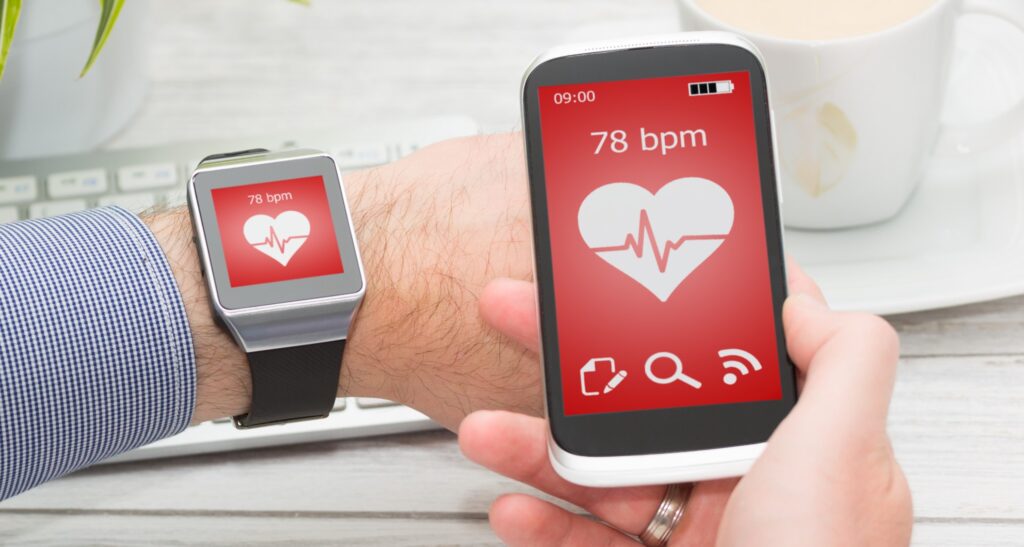


Facebook comments